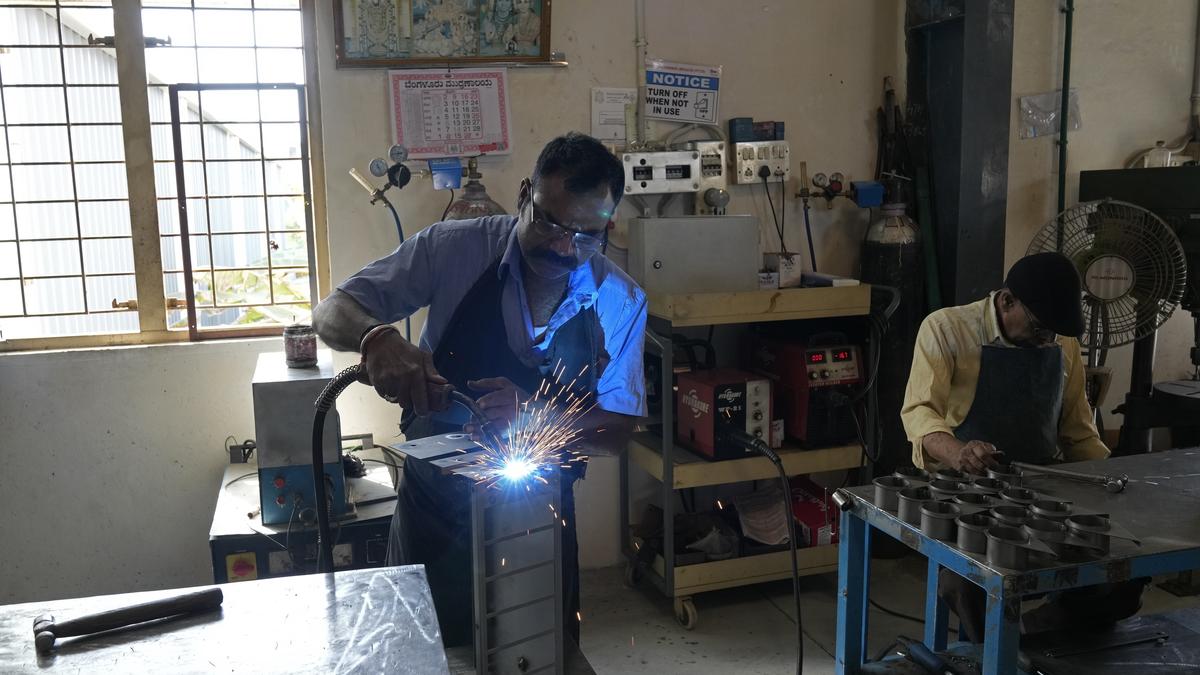
Minimum wages in Karnataka goes up to ₹19,319.36 for unskilled workers
The Hindu
Karnataka government notifies significant minimum wage hike, covering two crore workers across various industries and zones.
In what is expected to bring cheer to a large workforce in scheduled employment across the State, the Karnataka government on Friday notified minimum wages, proposing the monthly range from ₹19,319.36 for unskilled labourers in zone 3 to a maximum of ₹34,225.42 for highly skilled employees in thermal stations.
Across industries in zone 1, the proposed monthly minimum wage for a highly skilled worker is ₹31,114.02.
The proposed hike in the draft notification from the Labour Department is a huge 70% increase from the existing wages, including variable dearness wages, and it comes at a time when price rise has affected lakhs of families.
The notification covers an estimated two crore workers across 100 scheduled employment, including 18 added in recent years, and is based on the Supreme Court’s directive in the Rapticos Brett case.
The wage revision is mandated at least once in five years under the Minimum Wages Act. The last wage revision was carried out by the BJP government in 2022, which implemented a wage increase of 5% to 10% across 34 scheduled employment.
The draft notification issued on Friday has withdrawn the 2022 notification and proposed a fresh draft.
The draft has been published seeking objections if any, and will later be placed before the Minimum Wages Advisory Board – a tripartite platform bringing employers, representatives of employees and government officials together- before a final notification is issued. The whole process is expected to take at least three months before the wage rise is finally notified.

 Run 3 Space | Play Space Running Game
Run 3 Space | Play Space Running Game Traffic Jam 3D | Online Racing Game
Traffic Jam 3D | Online Racing Game Duck Hunt | Play Old Classic Game
Duck Hunt | Play Old Classic Game











